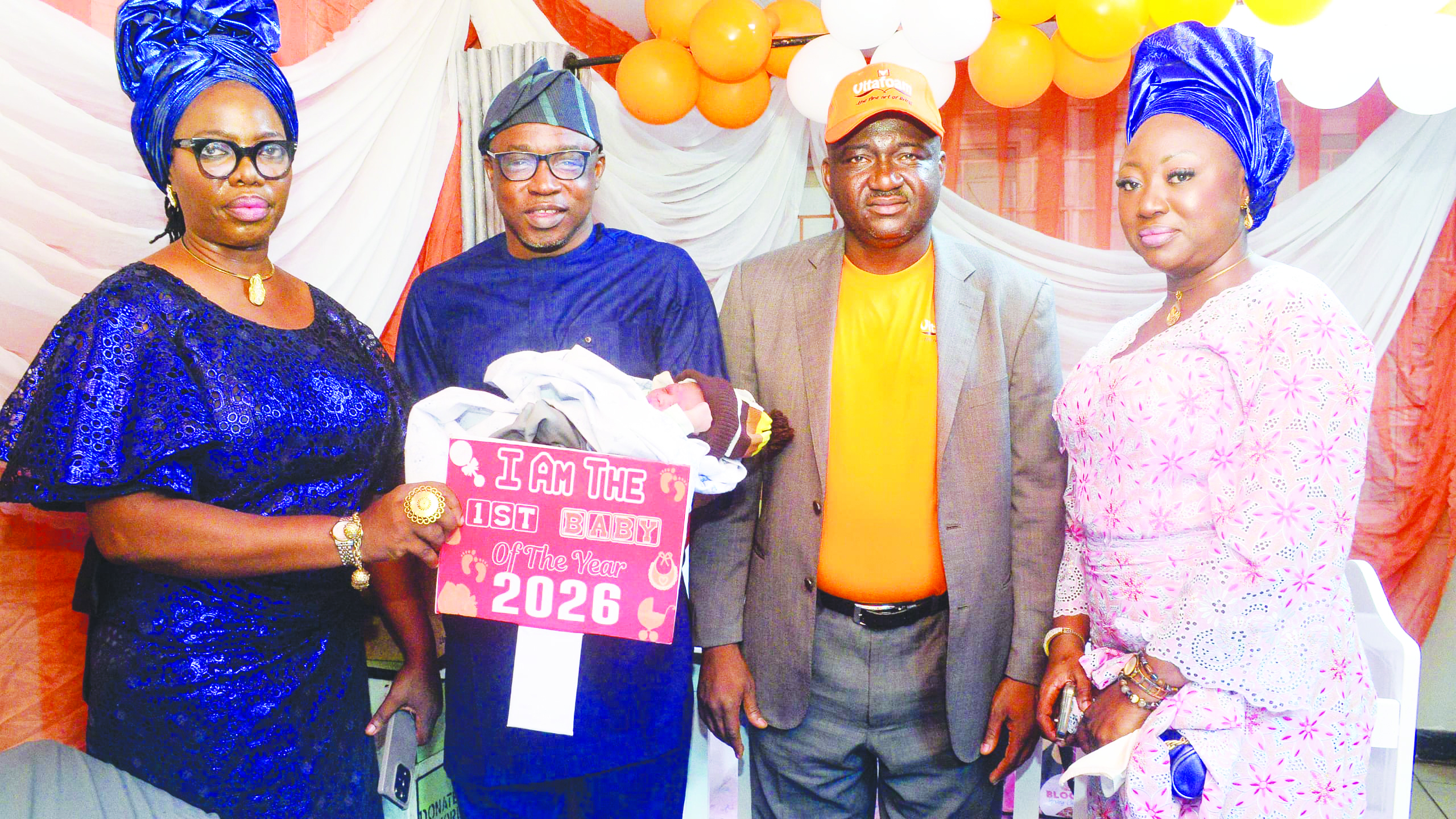Oluwatosin Iseniyi, the team lead of BudgIT Nigeria’s AI advocacy and data unit, has stated that artificial intelligence (AI) can strengthen fiscal and civic participation in Nigeria.
Iseniyi, AI researcher and policy analyst, made this known during the recently concluded 2025 Digital Rights and Inclusion Forum (DRIF) conference organised by Paradign Initiative and held in Lusaka, Zambia.
The event, attended by representatives from 50 African countries, aimed to brainstorm ideas on how to democratise access to computing power and ensure ethical AI practices.
Iseniyi, while speaking in a panel session on how AI can amplify fiscal and civic participation in Nigeria, stated that the future is collaborative, intelligent, and brimming with possibilities, and that Nigerians should leverage these possibilities to make their lives, communities, and the country better.
He emphasised that, as long as fiscal, civic, governance, and policy matters are involved in Nigeria, ethics and technological innovations must lead the way, because the future of the country cannot be built on shaky foundations.
He further stated that many AI platforms can help researchers, business leaders, government officials, and policymakers make right and timely decisions that can impact the way Nigerians perceive societal and political activities in the country.
Iseniyi revealed that one such tool is Bimi, an AI chatbot ─ launched two months ago by BudgIT Foundation Nigeria and which he was one of the developers ─ the first-ever AI-powered chatbot designed to simplify public financial data and enhance citizen engagement.
He said that Bimi intensifies civic participation by improving fiscal and public finance platforms through intelligence, adding, “AI’s power is only as great as the integrity we instil in it.”
He added that Bimi boosts civic endeavours by strengthening engagement and accountability in the national budget, economic growth, government revenue generation, fiscal ranking, and public expenditure, among others.
While urging Nigerian political and community leaders to leverage the power of AI in ensuring that citizens enjoy the dividends of democracy and civic cohesion, he advised governments across Nigeria to learn from how Dubai’s AI-driven governance model stands out as a global blueprint.
Iseniyi advised that continuous conversations around transparency, bias mitigation, and regulatory frameworks are vital in using AI to solve the civic, fiscal, and policy problems facing Nigeria.
“Responsible innovations in handling the problems that are preventing meaningful civic participation are not optional — they are essential,” he added.
Speaking on the ethical use of AI for community and global good, and in solving civic, fiscal, climate, healthcare, and education challenges, he stressed the need for human-machine collaboration to achieve sustainable development for all.
“AI can be the compass that guides us toward a sustainable future if we wield it with purpose. The future is not about humans or machines — it is about humans and machines. Therefore, augmenting creativity and productivity with AI tools is game-changing,” he said.
Aside from demonstrating the transformational power of Bimi to the panel, Iseniyi narrowed down five critical areas Africa must focus on to build innovative AI products, which, according to him, are power, community, talent, data, and policy.
“While there is an essential progress in shaping policies to ensure responsible and ethical AI use, we must also invest heavily in clean power to support AI infrastructure, prioritise foundational learning, and cultivate talent with intention,” he concluded






